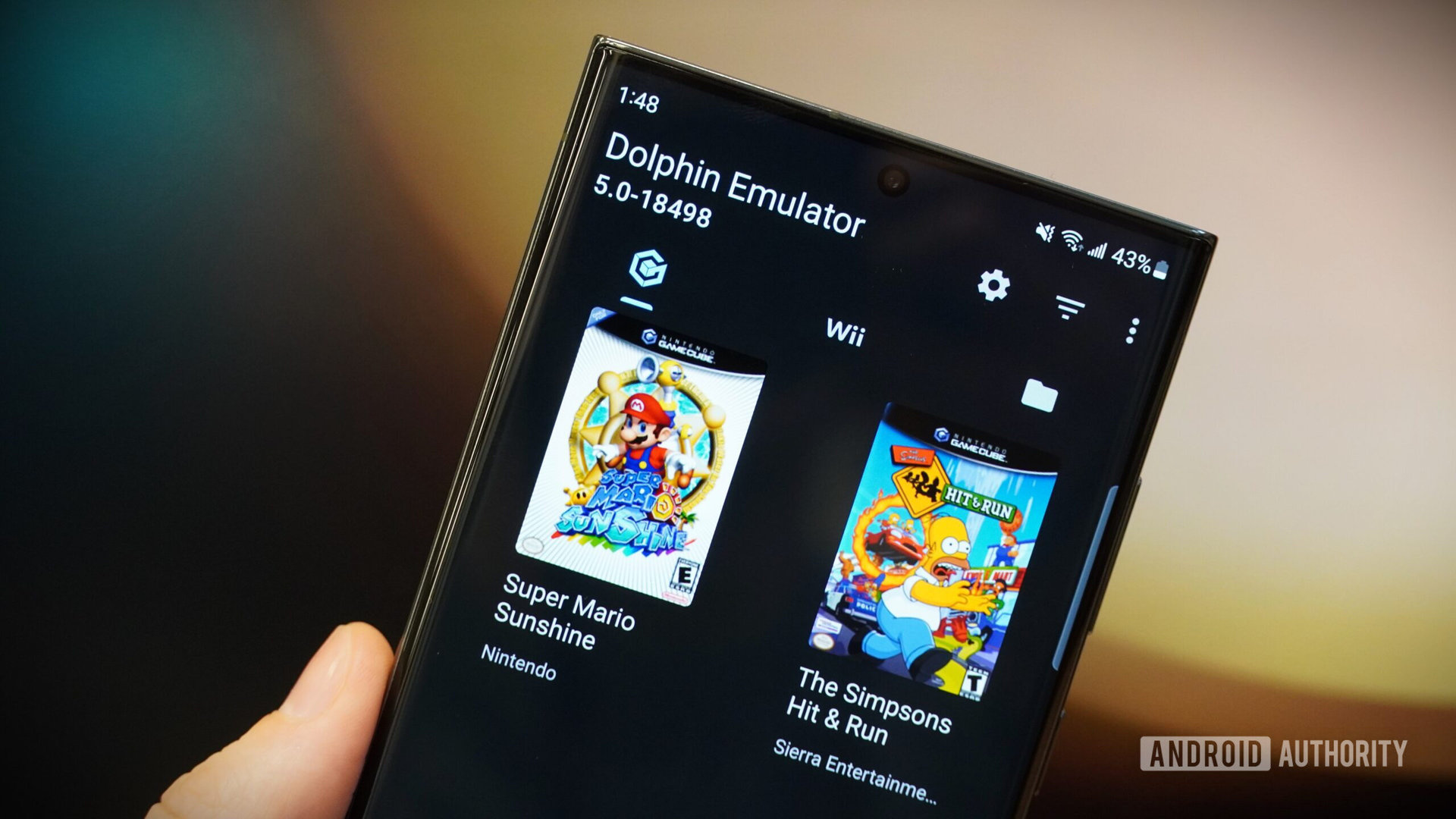
Adam Birney / Android Authority
TL;DR
- Apple has altered app guidelines on the App Store, allowing console emulators for the first time.
- Although this is due to pressure from the EU for anti-competition issues, the policy change is global.
- Android has had console emulation since basically the beginning.
A lot of things separate iPhones from Android phones. One of the more prominent differences is their respective app stores: the Apple App Store is closed tighter than a drum, while the Google Play Store is much more open. Thanks to the latter’s open doors, Android users have enjoyed console emulation since the platform’s beginnings. Some of the very first Android apps were actually Nintendo emulators.
Today, though, Apple has changed its App Store policies and will allow emulators in the store (h/t 9to5Mac). This means, for the first time ever, iPhone users can visit the App Store and download an emulator without jumping through any hoops. Previously, they have needed to jailbreak an iPhone and then sideload emulators or rely on shady apps that skirt Apple’s vetting process and hide an emulator inside.
Why is this change happening? This is undoubtedly in response to the ongoing scrutiny from EU regulators towards Apple’s business practices, which EU commissioners think are anti-competitive. Thanks to new laws passed in Europe, Apple has had to make a bevy of changes, including switching iPhones to the USB-C standard. Allowing third-party app stores and the ability to download apps from other sources is another thing that Apple has had to change, and this alteration to its policies is, no doubt, a direct response to that.
In other words, Apple knows that people will flock to third-party platforms to get emulators, which is bad for Apple. It’s a pure representation of competition being good for the consumer.
To be clear, just because this is a response to pushback from the EU, it is a global change. Even in the US, iPhone users will eventually have access to emulators.
Of course, emulators touch on some legal gray areas. While it has been held up in courts in multiple countries that emulating a system is completely legal, using proprietary software in those emulators you downloaded for free from the internet — games, in the case of console emulation — is very much not legal. Apple (and developers) will now need to contend with that.
However, Google has had to deal with that problem since 2008, so it’s clearly not impossible.
Since this change just happened, it will likely be a while before the first emulators appear on the App Store. Our money is on large ones like RetroArch or Dolphin leading the charge, but it’s possible some smaller emulators could make it through first. Either way, emulators are coming to iPhones, and that’s good news for retro gamers.








